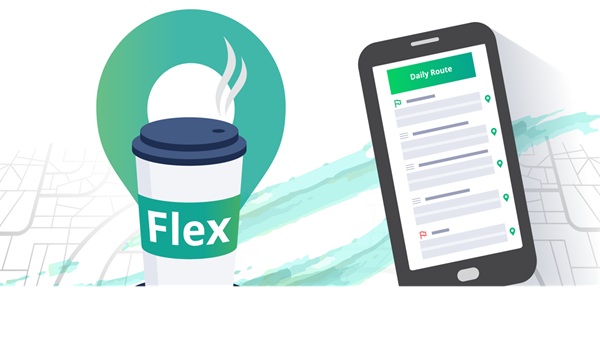The guide to insurance sales CRM selection

Choosing the right tool to keep your book of business straight isn’t as simple as flipping a coin. If you need an insurance sales CRM, keep reading.
Plenty of reps and agencies settle for whatever their carrier recommends. Or they try to force a generic CRM into a business that doesn’t behave like the software assumes it should. The result? Notes scattered in different places, follow-ups missed, client policies renewed late, and a gnawing feeling that more opportunities are slipping away than anyone wants to admit.
Why the right insurance sales CRM actually matters
Insurance sales has its own quirks. You’re not just tracking “deals.” You’re juggling renewals, claims conversations, referrals, upsells, compliance documentation, and probably three different phone numbers for the same client. That’s not something a one-size-fits-all system handles gracefully.
A good insurance sales CRM should feel less like extra paperwork and more like a personal assistant. It reminds you who to call before their renewal date sneaks up. It helps you spot which accounts could use a coverage review. It shows you where your prospecting time is paying off and where it’s being wasted. In other words, it helps you work the way you already work, just cleaner.
And here’s the kicker: most reps don’t realize how much mental energy they burn just keeping track of everything until the system takes that weight off their shoulders. Suddenly, you’ve got the bandwidth to make two or three more quality visits in a day. That’s where the money is.
What to look for when choosing an insurance sales CRM
Forget the marketing language and focus on the basics you’ll actually use. Can you pull up client details on your phone before walking into a meeting? Does it track policy expirations automatically, or do you have to hack together a spreadsheet on the side? How easy is it to see your pipeline at a glance—without needing a week of training?
Think about the daily grind. You’re calling prospects between appointments, scribbling notes in the car, updating client files at night. If the software slows you down or hides important info behind five clicks, you won’t use it. And if you won’t use it, it’s just another bill.
Also, consider whether the CRM plays well with the rest of your setup. Email, text, maybe even quoting software. When those pieces talk to each other, you save time and cut down on silly mistakes like double-entering contact info.
The bottom line: the best insurance sales CRM isn’t the one with the longest feature list. It’s the one that makes your day smoother and gives you more chances to sit across from clients instead of sitting behind a desk.
Check out this insurance sales CRM: https://repmove.app.



